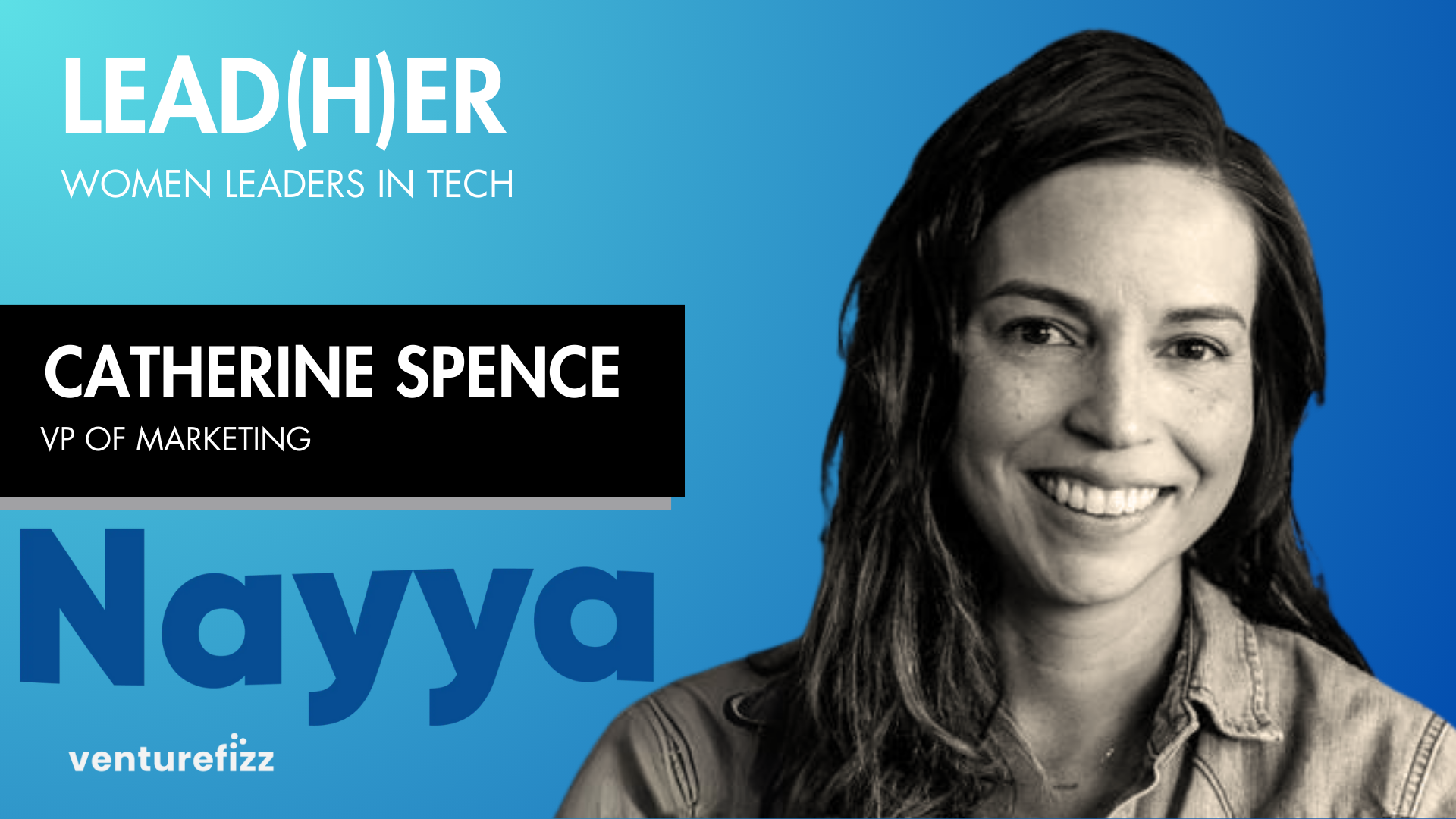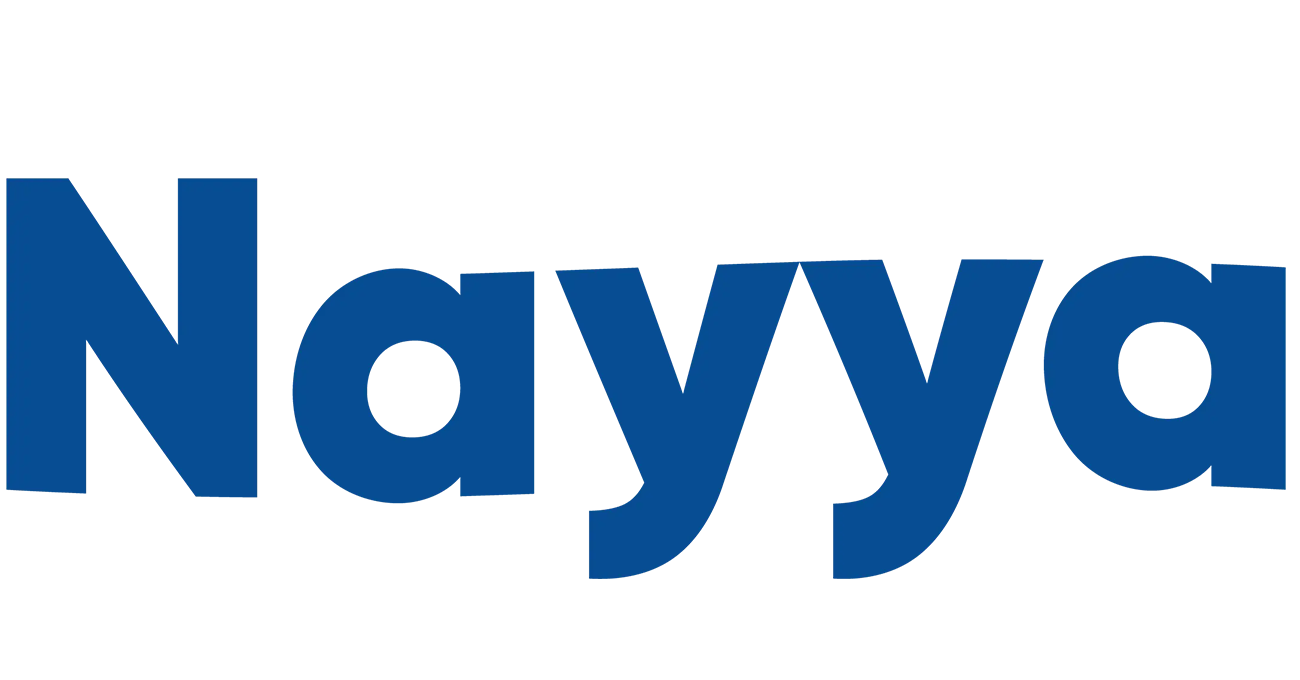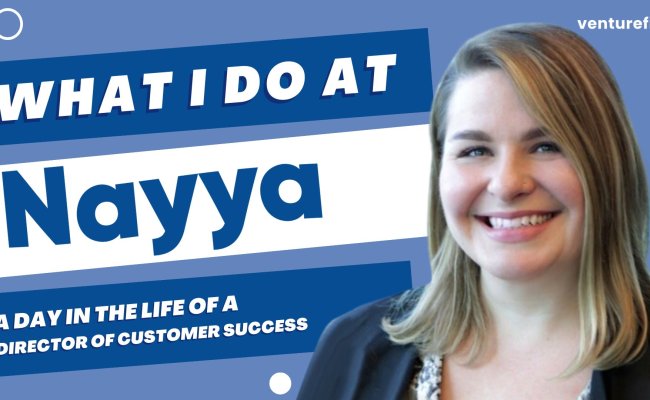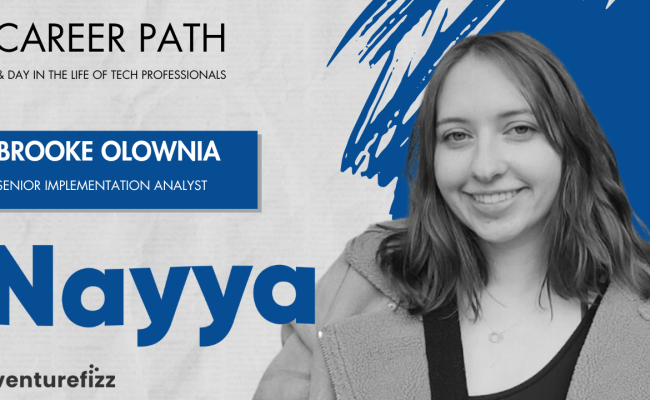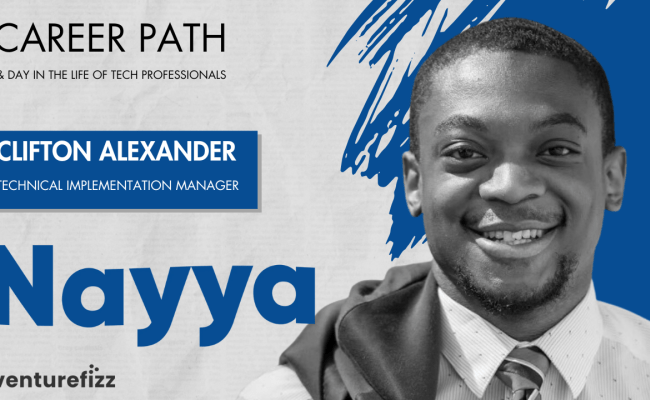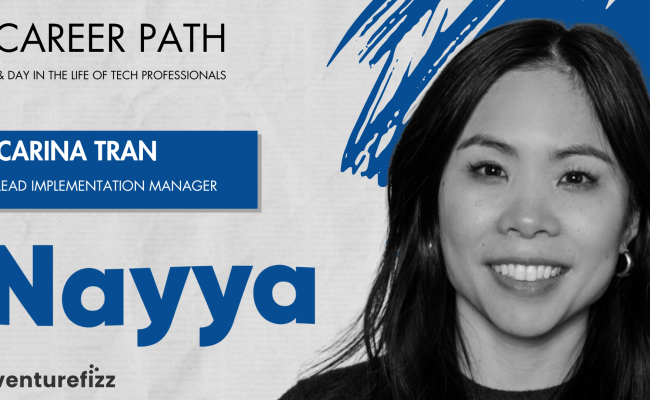Our Lead(H)er series features impressive women leaders in the tech industry. In this Q&A, we are featuring Catherine Spence, VP of Marketing at Nayya
Where did you grow up and how would you describe yourself as a child?
 I grew up in Palo Alto, California. According to my pre-school report cards, I was always very decisive about what I wanted to do and a bit stubborn when that was not in line with the teacher’s plans. Later I’m told that I was such a studious reader, that my parents briefly thought I might have a hearing problem because I didn’t acknowledge people when my face was buried in a book. Ultimately, I think I found a few activities that really grounded me in terms of dedication to a craft, and one of those was music. I played violin and sang classical music for many years. While I was never the best, I learned a lot about working on something that you love, and also how to receive direct feedback!
I grew up in Palo Alto, California. According to my pre-school report cards, I was always very decisive about what I wanted to do and a bit stubborn when that was not in line with the teacher’s plans. Later I’m told that I was such a studious reader, that my parents briefly thought I might have a hearing problem because I didn’t acknowledge people when my face was buried in a book. Ultimately, I think I found a few activities that really grounded me in terms of dedication to a craft, and one of those was music. I played violin and sang classical music for many years. While I was never the best, I learned a lot about working on something that you love, and also how to receive direct feedback!
What did you study in college and what was your first job out of school?
I studied international politics in college, and immediately after graduating, I became a paralegal. I thought that I might want to become a lawyer one day and thought that I should see what practicing law was like. It was not a fit.
Can you share the details on your career path and what were the critical moments that got you to where you are today?
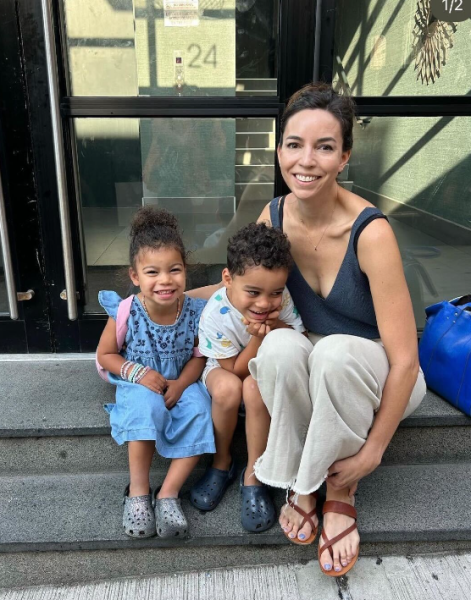 After realizing that I didn’t want to go to law school I actually bounced around for a few years working at an academic publication, a non-profit, and ultimately ending up in asset management. Working at Barclays Global Investors and then BlackRock was the first time that I felt like I had a career path. Even though I entered finance right before the 2008 financial crisis, ostensibly not the ideal time, my career path actually developed in a very strong way during that time. Never underestimate the opportunities that can arise from an industry shake-up.
After realizing that I didn’t want to go to law school I actually bounced around for a few years working at an academic publication, a non-profit, and ultimately ending up in asset management. Working at Barclays Global Investors and then BlackRock was the first time that I felt like I had a career path. Even though I entered finance right before the 2008 financial crisis, ostensibly not the ideal time, my career path actually developed in a very strong way during that time. Never underestimate the opportunities that can arise from an industry shake-up.
After 4 years in finance, I decided to go to business school after being accepted at Stanford, and that is really where my career took another serendipitous turn. It was while I was at Stanford that I met my future co-founder and we started working on an idea that would eventually become the company we founded after graduating. We took the plunge after graduation and decided to forego salaries and see if we could build an HR tech company. It was honestly really hard to watch my classmates accept high-paying jobs at large tech companies. Meanwhile, I was working insane hours with a contract developer based in Mumbai to build our MVP.
Ultimately I stayed the course and ended up selling my company 5 years after founding, and have been in tech marketing ever since.
What is your current role and responsibilities?
I currently lead marketing and member impact for Nayya. Our mission is to communicate Nayya’s vision and value proposition to our ecosystem partners. We are focused on thought leadership, product launch, channel partner marketing and enablement and driving engagement with our products.
Looking back, is this where you thought you’d be professionally? Was it always your goal to be in this position?
 I have never been the type of person to have a 20-year plan, I lean more toward 5-year plans. I want to work on challenging, interesting problems and have generally optimized for opportunities that give me more choice vs. driving too deeply down one path.
I have never been the type of person to have a 20-year plan, I lean more toward 5-year plans. I want to work on challenging, interesting problems and have generally optimized for opportunities that give me more choice vs. driving too deeply down one path.
The result of this strategy is that I have generally felt very gratified by the work that I do on a daily basis. It also means that I have consciously chosen not to optimize around other things like compensation, title, or clout.
I don’t think there is a right or wrong way to manage one’s career path, but I do believe it is helpful to be self-aware about the way you are making decisions, and what that means in terms of outcomes you are likely to achieve.
For people who are looking to be in a similar position, what advice would you give to others in terms of helping them achieve their career goals?
I don’t think I’ve taken a traditional path to marketing leadership since I wound up here after being an entrepreneur. If you are thinking about being an entrepreneur it is incredibly hard, incredibly rewarding, and you will learn more about yourself than you ever thought possible. But importantly it isn’t the only path to leadership. My best advice is to choose with care the problems you work on and the people you work with, those are the things that are likely to provide you with motivation and energy daily.
What are the most important skills that you need to do your job well?
The single most important thing I need to do well is prioritize. This means I am rarely crossing every item of a to-do list, but I am dynamically changing what sits at the top of that to-do list and ensuring those are the things that get most of my attention.
The close second to this in terms of necessary skills is communication. I have never once over-communicated. I have certainly under-communicated, or miscommunicated. For me, communication is a combination of clarity of message, passion, and repetition.
What do you find most interesting/rewarding about your work? What’s the most challenging?
Working at early-stage start-ups you are in a constantly shifting strategic environment. This can be very disruptive, but it is also very rewarding. In this past year, I have worked through an overhaul of our GTM strategy, launched a new product (with 2 more on the way), and announced (and enabled) 5 strategic partnerships.
What is your proudest professional accomplishment?
I am most proud of the teams that I have built. In every company that I have worked for, I have created structure, process, metrics, and strategy in which different team members can grow and develop.
Are you involved with any professional organizations outside of the company? Volunteer work?
I volunteer with my kids' schools and am actively involved with several alumni networks from my time at business school and Y-combinator.
Q&A
What do you enjoy doing in your free time?
I spend most of my free time wrangling my two kids (3yo and 5yo) around Brooklyn to various activities. This involves a lot of negotiation, perspiration, and occasional bribery, but it is restorative and gets me out of my head. When I am not doing that I am working on reading more books (for fun) and also like to go on hikes in the Catskills with my partner. I think there is something meditative about hiking, and upstate NY has amazing hikes for all intensity levels.
How do you manage stress?
Coffee. Kidding, kidding. I manage stress by breathing, reminding myself that I don’t have to solve every problem in the moment, and by reminding myself to be grateful for the work that I get to do. There are a lot of different ways to make a living in this world, and I am profoundly grateful that I get to work at a company that has me working on interesting, mission-driven problems.
How many cups of coffee do you have in a day?
This is a trick question. I try to keep it to two a day, but if you ask me how many I want, it is infinite. I think the smell of coffee is really what I am addicted to. There is a ritual to drinking coffee, reading the news, and catching up on Slack and email that gives me a sense of calm.
Any book or podcast recommendations? (professional or fun)
Oh yes! As I mentioned I’ve been trying to read more for fun. I’ve been more into non-fiction recently and recommend “The Dawn of Everything: A New History of Humanity” by Wengrow and Graeber and “Every Living Thing: The Great and Deadly Race to Know All Life” by Jason Roberts.
What advice do you have for recent college graduates?
I think there is a lot of pressure to have a calling when you graduate from college. And of course, if that is you, fantastic! But if you feel lost after college because you don’t yet know what you want to do, then pull up a chair. I think for people who don’t have that immediate calling there is real value in treating where you work with the attitude of experimentation. Come up with a few ideas for what you might like and 3, 6, 9 months into a job evaluate if your hypothesis about liking the work was accurate, dead wrong, or needs to be adjusted. Most importantly don’t underestimate the value of just learning the ropes of how to communicate effectively. This will prove valuable no matter what your calling ends up being.

